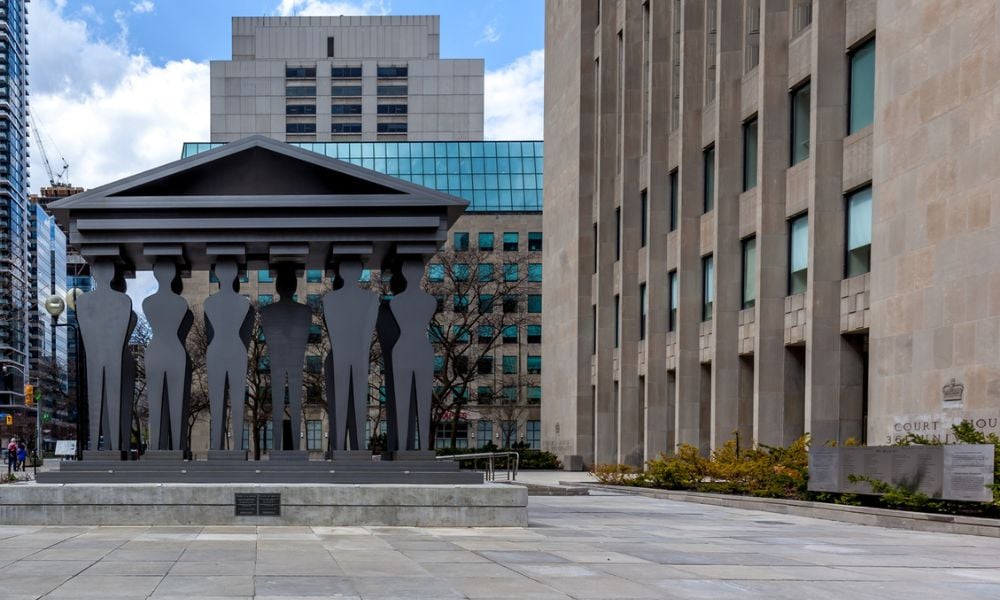
Plaintiff's misconduct and unreasonable delays necessitated the substantial cost award: court

The Ontario Superior Court of Justice ordered the plaintiff to pay legal costs due to his misconduct and unreasonable delays during a prolonged litigation, despite his claims of injuries and inability to work.
In Youkhana v. Pearson, 2024 ONSC 3184, the defence requested costs, arguing that the plaintiff repeatedly refused settlement offers, dragged the litigation over 14 years, and engaged in egregious behaviour that warranted correction through a cost order.
The plaintiff argued that his injuries and inability to work were genuine, emphasizing that these injuries significantly impacted his livelihood. He alleged that he and the defence lawyers conspired against him, depriving him of a fair trial. The plaintiff also claimed unfamiliarity with court processes as a self-represented litigant.
The court emphasized that judges must consider the fairness and reasonableness of the overall result when fixing costs rather than merely counting hours and rates. The court referenced several cases outlining the purposes of cost awards: indemnifying successful litigants, encouraging settlement, correcting behaviour, and discouraging frivolous litigation. The court must also consider the proportionality of costs to the issues and outcomes without letting proportionality override other considerations of fairness and indemnity.
During the trial, the plaintiff's friend and an occasional representative sent a threatening email to the defence counsel, exacerbating tensions. This behaviour led to a motion to bar the friend from the courthouse due to the friend's disorderly conduct and threats. The Superior Court ruled that the plaintiff's failure to apologize or distance himself from these actions further justified the substantial costs awarded against him.
The court acknowledged the difficulties in dealing with self-represented litigants but emphasized that such litigants must still familiarize themselves with court procedures and act cooperatively. Despite ample time and judicial warnings, the plaintiff failed to adequately prepare for trial or summon necessary witnesses, further delaying proceedings.
The court deemed the plaintiff's repeated delays and refusal to accept multiple settlement offers from the defence were unreasonable and prejudicial. The court noted that the plaintiff’s approach to settlement and litigation caused significant delays and consumed disproportionate public resources.
The court concluded that despite the plaintiff's claims of injuries and inability to work, his misconduct and unreasonable delays necessitated the substantial cost award. His failure to diligently prosecute his case and unreasonable settlement approach significantly prejudiced the defendants and the broader judicial system.